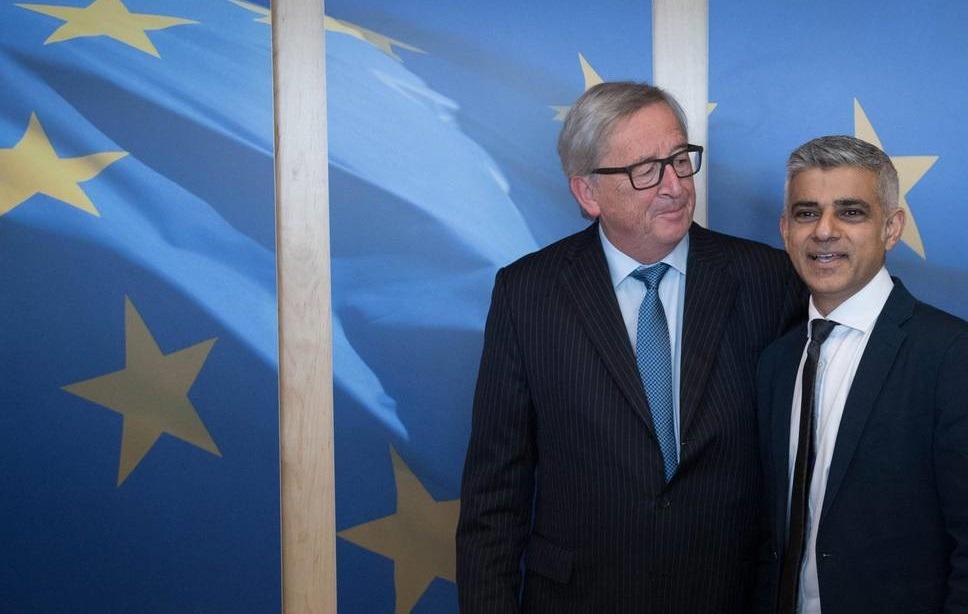The United Kingdom could lose close to 500,000 jobs by 2030 if it leaves the European Union (EU) without an agreement on the modalities of the withdrawal, according to a study commissioned by London Mayor Sadiq Khan and released on Thursday. The pro-Europe mayor, who belongs to the Labour Party, warned in a press release that if the United Kingdom were to leave the EU in March 2019 without a deal on the single market, customs union or transitional arrangements, that could cause the loss of up to 482,000 jobs.
Among the sectors covered in the study by the Cambridge Econometrics research cabinet, financial services would be hardest hit by a no-deal pullout, standing to lose about 119,000 jobs, followed by Science and Technology (-92,000) and Construction (-43,000).
In London alone, job loss could amount to 87,000, but Britain’s capital and financial hub would suffer less than the rest of the country. Investments could drop by 15% countrywide, decreasing by about 46.8 billion pounds or 52.8 billion euros.
The study looked at the potential impact of five Brexit-related scenarios on the country and its capital in nine key sectors of the economy. These scenarios range from keeping the status quo, which the British Government has already ruled out, to the extreme scenario of a no-deal/no-transition pullout. The most optimistic scenario - keeping the UK in the single market when a transition period expires, but without a customs union – could cost the UK 176,000 jobs.
Sadiq Khan accused the British Government of a “total lack of preparation” on the consequences of Brexit, calling on it to change its negotiation position and agree to keep the country in the single market and customs union. In December, Brexit Minister David Davis had admitted to parliamentarians that his services did not have any sector-by-sector impact study on the withdrawal from the EU.
In answer to a question from AFP, a spokeswoman of his ministry indicated that London and Brussels felt they could conclude an ambitious agreement guaranteeing prosperity for the United Kingdom and the EU at 27. She added that the UK wanted a deeper, special partnership with the European Union.
Following the conclusion of an interim agreement on Brexit in December 2017, the United Kingdom and the EU are to negotiate on a transition period and their subsequent trade and security relations.
O.Apelblat
The Brussels Times

